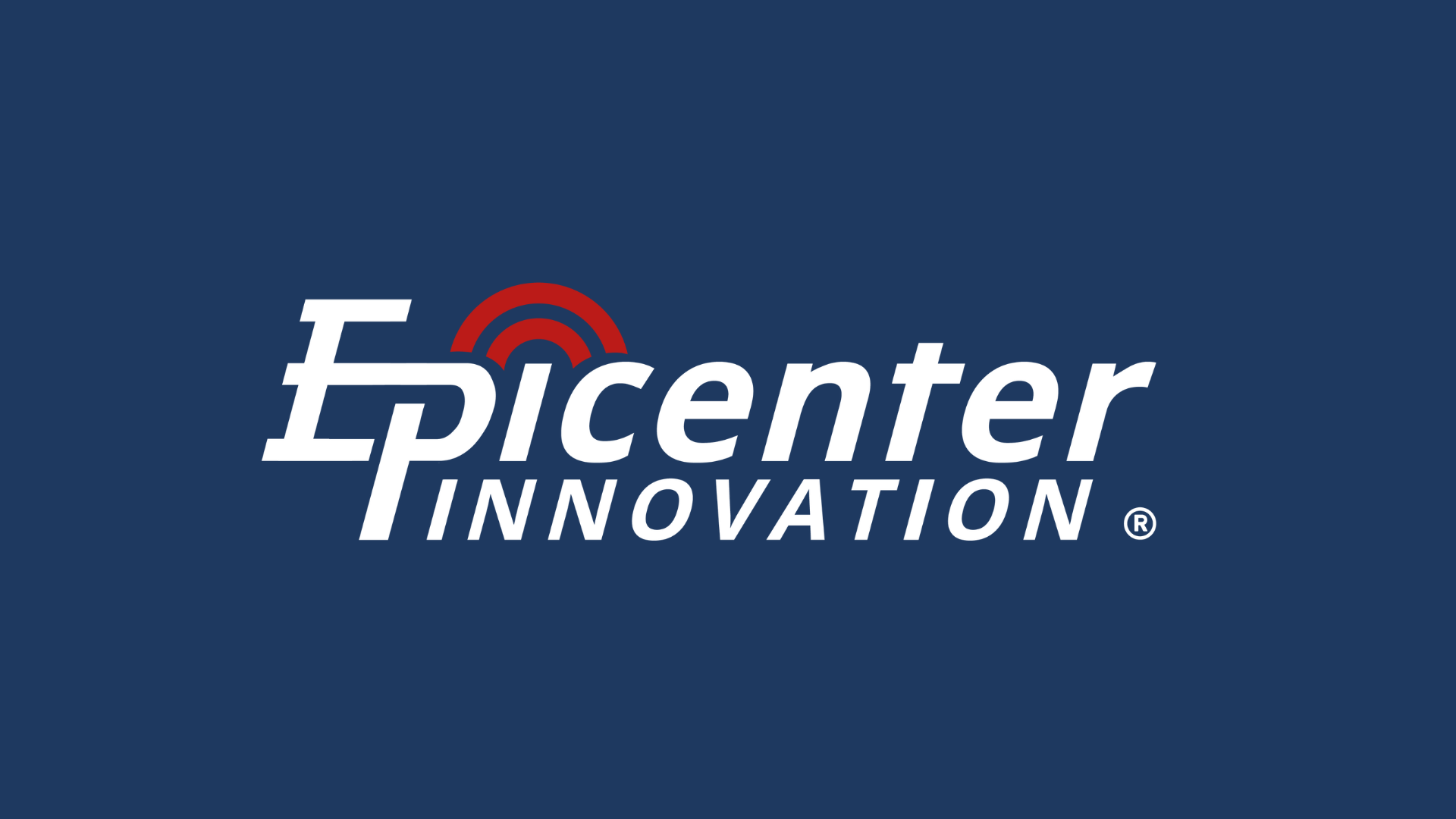What is Resilience?
A Crash Course on a Vital Trait
This article explores the contributing factors to what goes into making individuals and communities more resilient. For us at Epicenter Innovation, “resilience” is a concept that we’ve deemed so important to creating change that we measure people’s resilience through the Resilience Innovator® Type Assessment (RITA). And, of course, it’s part of the name!
What is Resilience?
“Resilience” is a word we’re sure you’ve heard a lot, especially over the last several years in relation to the pandemic. But what does it mean to be resilient? And what are some of the key ingredients to building personal and community resilience? Our goal in the next couple 100 words is to explore those two questions.
In terms of a definition, resilience is the ability to bounce back from adversity and challenges. It is the capacity to adapt and recover from difficult situations, and to emerge stronger as a result. Resilience is a vital trait for individuals and communities alike, as it enables them to navigate the inevitable ups and downs of life with grace and determination. So let’s discuss the importance of resilience and how to cultivate it in ourselves and in our communities.
What Makes an Individual Resilient?
For individuals, resilience is about having the mental and emotional strength to cope with difficult situations. It is about being able to handle stress and pressure, and to maintain a sense of perspective and optimism even in the face of adversity. Resilience allows us to overcome obstacles and setbacks, and to continue moving forward towards our goals.
Being resilient also means having a sense of self-awareness, and being able to recognize and manage our own emotions. It is about being able to regulate our thoughts and feelings, and to maintain a positive outlook, even when things are not going well. Resilience helps us to maintain a sense of balance and perspective, and to stay grounded in the present moment, rather than getting bogged down in worry or regret.
What Makes Communities Resilient?
A resilient community is one that is able to adapt and recover from difficult situations, and to emerge stronger as a result. This can include natural disasters, economic downturns, or other types of adversity. A resilient community is one that is able to work together to support and care for its members, and to rebuild and recover after a crisis.
Keys to Building a Resilient Community:
- One key aspect of a resilient community is social cohesion. Strong social connections and networks within a community can help to build trust and understanding, and to create a sense of belonging. This can be particularly important during times of crisis, as it allows community members to come together and support one another.
- Another important aspect of a resilient community is economic stability. A community that is able to sustain itself economically, even during tough times, is better equipped to weather the storms of life. This can include things like having a diverse economy, with multiple sources of income and jobs, as well as having a strong safety net in place to support those who are struggling.
- Finally, a resilient community is one that is able to adapt and change in response to changing circumstances. This means being open to new ideas and perspectives, and being willing to try new approaches. It also means being able to learn from past experiences, and to use that knowledge to improve in the future.
How Can You Build Resilience in Yourself and your Community?
Resilience is a vital trait for individuals and communities alike. It enables them to navigate the inevitable ups and downs of life with grace and determination, and to emerge stronger as a result. By cultivating resilience within ourselves, and by building resilient communities, we can create a more resilient future for all.
To develop resilience, it is important to practice self-care, focus on the present moment, and practice mindfulness. Setting realistic goals, and learning from failures, can also help in developing resilience. Surrounding yourself with supportive people, and being part of a community that values resilience, can also make a big difference. Finally, it is important to remember that resilience is not about never experiencing hardship, but it’s about being able to cope with it, learning from it and coming out stronger.
If you’re interested in learning more about your own level of resilience, check out the Resilience Innovator® Type Assessment (RITA), a psychometric tool that measures your resilience, explores your unique strengths related to resilience, and guides you to grow and build your personal resilience so that you can start building your community into a more resilient place.
About Epicenter INNOVATION
Epicenter Innovation® is an award-winning professional services firm driven by human-centered, resilience-focused innovation. Our team is here to help you implement a proven framework for creating impact & unlocking the potential of your people.
We’re the connective tissue between organizations that produce technology and those in the field using it. By working on both sides of the public/private-sector divide, we serve as translators & change-makers at all phases of the disaster management lifecycle – driving human-centered, resilience-focused innovation before, during, and after major incidents.
How Can We Help Your Organization?
Book a Call With the Epicenter Innovation Team
Read More
Top 10 Tips to Increase Personal Resilience
Inrceasing your resilience shouldn't be hard, but where do you start? We've got some easy ways to get you going on your resilience journey.
Top 10 Tips for Making Your Team More Innovative
Innovation is vital to having your work make an impact, but it shouldn't be hard. These ten easy tips will help foster an innovation culture for your team to thrive.
Exploring Innovation in Resilience-Building Practices
We've known for a while that resilience and innovation go hand-in-hand. But how? Learn in this short article.


